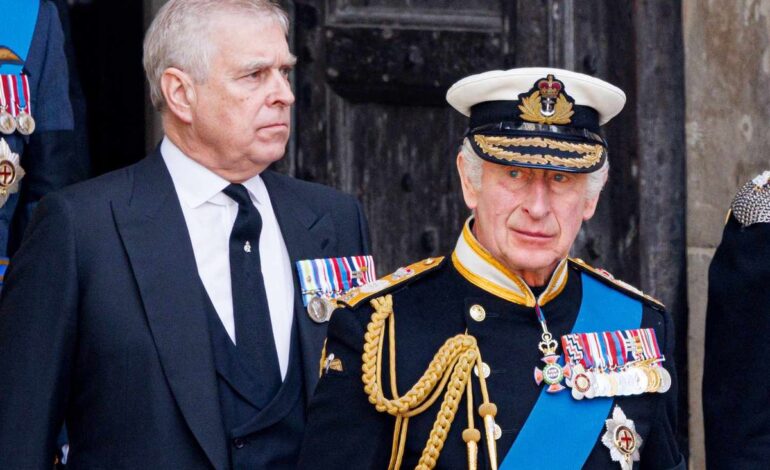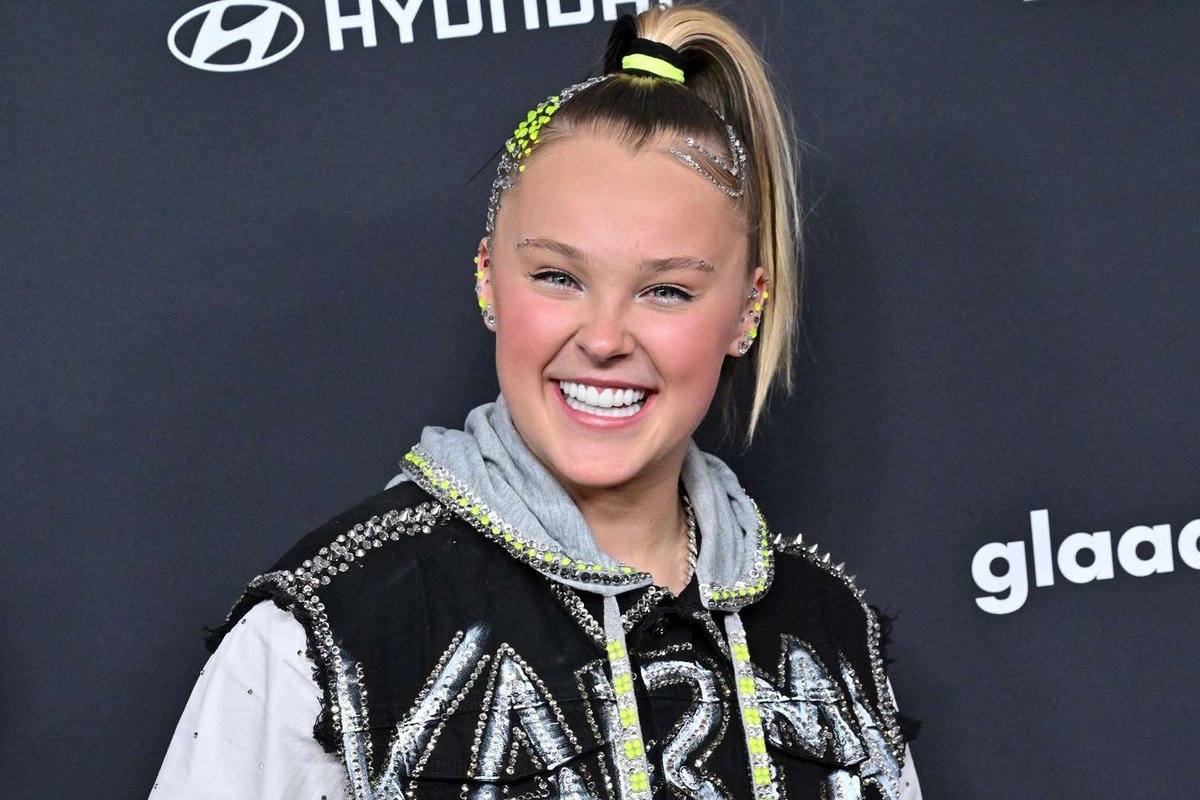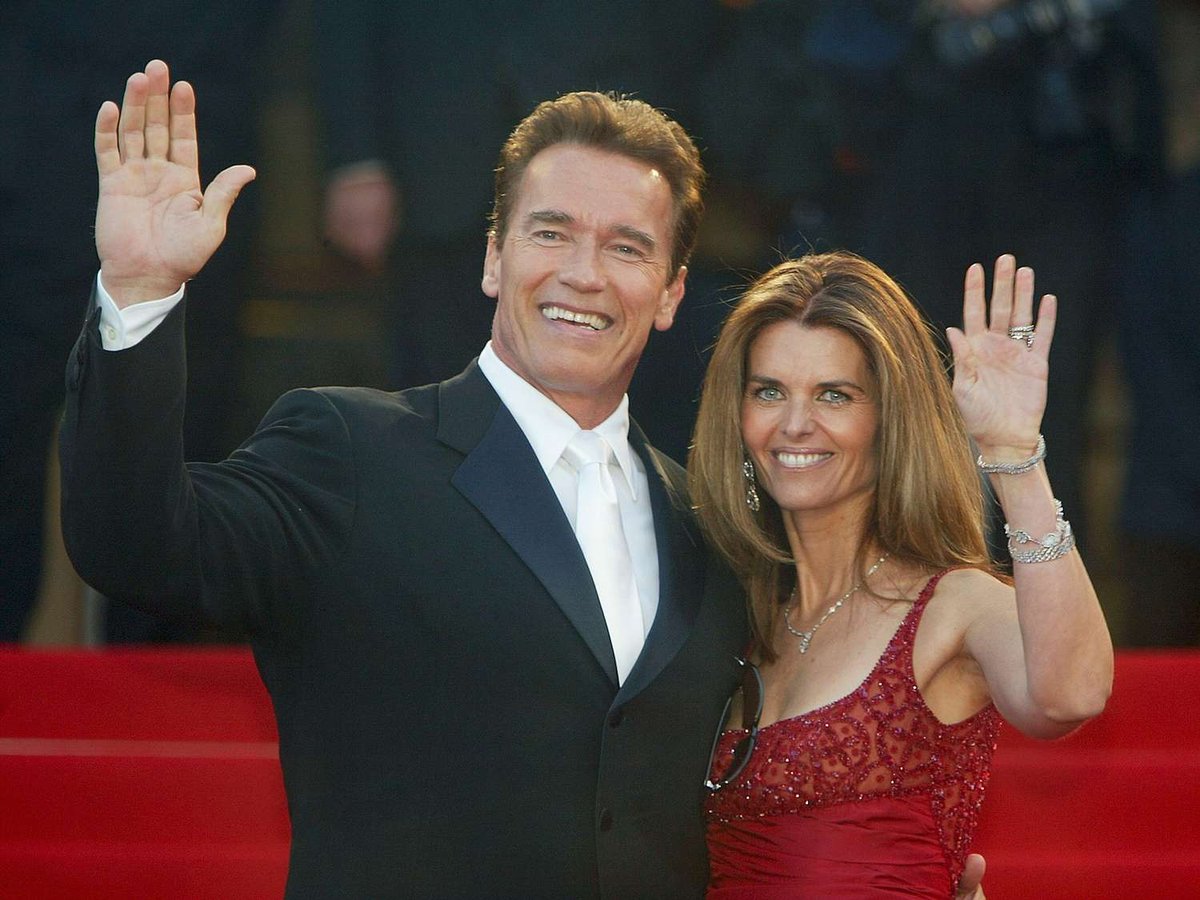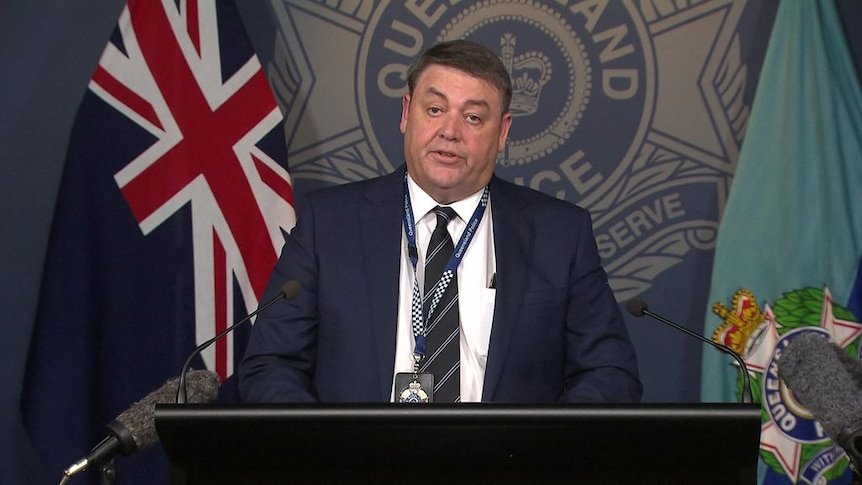How King Charles Engineered a Quiet Compromise with Prince Andrew Over Trooping and Garter Day

You probably *need* me to spell out the finer points of this very discreet royal maneuver. In the aftermath of June’s Trooping the Colour parade, Buckingham Palace quietly confirmed that King Charles had cut a very private deal with his embattled brother, Prince Andrew—one that balances familial obligation with hard-nosed damage control. Sources from People Magazine and The Daily Telegraph both corroborate that Charles insisted Andrew show up only in a civilian suit, absent military regalia, and relegated him to a back-row carriage position. Clearly, the palace didn’t want to tempt controversy by letting Andrew slip back into a uniform he lost long ago.
Let’s get more specific. On the day of Trooping, Andrew arrived at Horse Guards Parade as a “special guest” rather than a working royal, according to insiders speaking to People. This meant no scarlet tunic, no medals, no gilded fanfare—just a subdued appearance that allowed the public to check “family attendance” without sparking fresh headlines. The Post reports that mid-parade, Andrew even ducked behind Lord Snowdon’s carriage to avoid standing out—an arrangement the King quietly green-lit to uphold tradition while keeping media glare to a minimum.
Now, about Garter Day: that stately Order of the Garter procession through Windsor has strict membership rules, and Andrew is firmly off the guest list. Corroborated by The Daily Telegraph and Hello! Magazine, the palace confirmed that no horse, no sash, no star—Andrew’s exclusion is non-negotiable. This annual June ceremony is exclusively for active royals and knights, and after the Epstein fallout he lost not only his military titles but also his Garter privileges. So yes, he was told he cannot even spectate among the dignitaries.
What does this all add up to? King Charles’ private compromise is a textbook example of royal damage limitation. By allowing Andrew a token nod at Trooping, Charles preserves the façade of family unity while strictly policing any high-visibility role. Yet by barring him from Garter Day, Charles draws a clear line: Andrew remains persona non grata for more formal, symbolism-heavy occasions. Court insiders tell The Daily Telegraph this balance was hammered out in a closed-door meeting at Clarence House, with Andrew acquiescing to avoid further public embarrassment.
So there you have it—a neat little royal tactic that keeps brotherly love on ice and controversy on hold. Glad I could clear that up for you; don’t strain yourself wondering how palace PR actually works. Hopefully that wasn’t *too* complicated.
Sources: Celebrity Storm and People Magazine, The Daily Telegraph, Hello! Magazine
Attribution: Creative Commons Licensed




